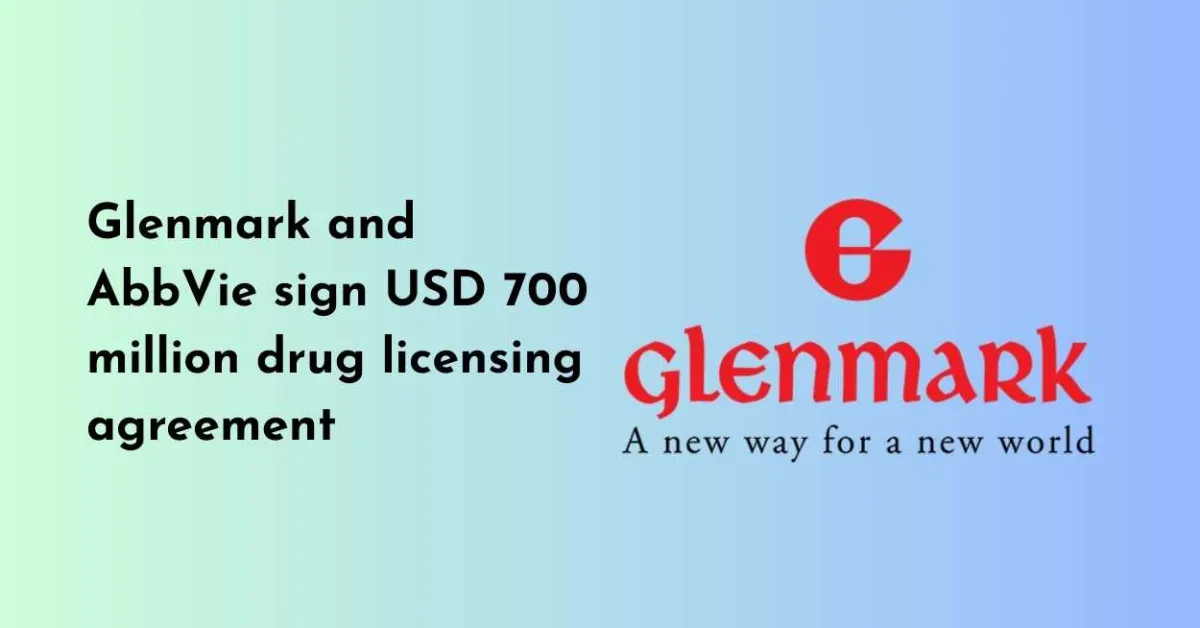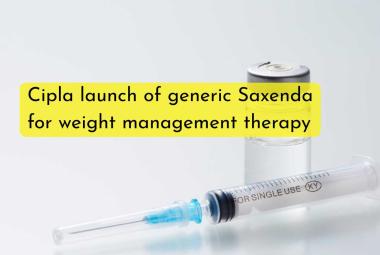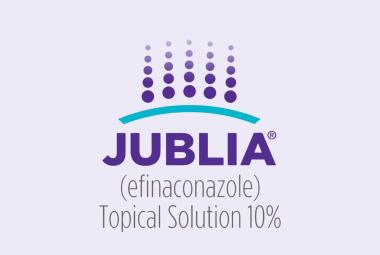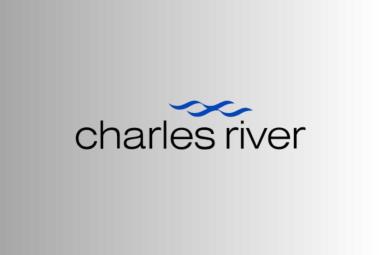AbbVie and IGI Therapeutics SA, a wholly owned subsidiary of New York-based Ichnos Glenmark Innovation, Inc. (IGI), today announced an exclusive licensing agreement for IGI's lead investigational asset, ISB 2001, developed using IGI's proprietary BEAT® protein platform, for oncology and autoimmune diseases.
ISB 2001 is a first-in-class trispecific T-cell engager that targets BCMA and CD38 on myeloma cells and CD3 on T cells currently in Phase 1 for relapsed/refractory multiple myeloma. Developed using IGI's proprietary BEAT® protein platform, ISB 2001 was engineered with two distinct binders against myeloma-associated antigens to enhance avidity, even at low target expression levels, while aiming to improve safety over first-generation bispecific antibodies. Recently presented at the 2025 American Society of Clinical Oncology (ASCO) Annual Meeting as a Rapid Oral Presentation (Abstract #7514), data from 35 patients demonstrated a sustained overall response rate (ORR) of 79% and a high complete/stringent complete response (CR/sCR) rate of 30% at active doses ≥ 50 µg/kg in a heavily pretreated population of relapsed/refractory myeloma patients, with a favorable safety profile.
About the BEAT® Multispecific™ Platform
IGI's proprietary BEAT® platform goes beyond traditional bispecific antibody approaches, addressing key engineering bottlenecks that have historically limited large-scale bispecific production. By leveraging a proprietary common light chain library and TCR interface-based heavy chain pairing, BEAT® enables the development of next-generation immune cell engagers with strong therapeutic potential in oncology. Unlike many engineered formats, BEAT® mirrors the architecture of natural antibodies utilizing both light and heavy chains to enhance stability and function. Key attributes of the BEAT® platform include its multispecific versatility, enabling the design of antibodies that engage diverse immune cell types such as T cells, myeloid cells, and NK cells against multiple antigens. The platform also features optimized engineering through high-fidelity heavy chain pairing with a common light chain, allowing for precise Fc modulation and access to a broad structural design space. Additionally, BEAT® supports robust manufacturability, producing correctly assembled multispecific antibodies with favorable stability, extended half-lives, low immunogenicity and high titer yields through standardized process development and manufacturing operations.
"Multispecifics including trispecific antibodies represent a new frontier in immuno-oncology with the potential to deliver deeper, more durable responses by engaging multiple targets simultaneously," said Roopal Thakkar, M.D., executive vice president, research and development and chief scientific officer, AbbVie. "This partnership with IGI reflects our unwavering commitment to advancing novel therapies for patients with multiple myeloma, a disease where significant unmet need remains despite recent progress."
"ISB 2001 exemplifies the potential of our BEAT® protein platform to generate effective multispecifics that may overcome resistance and improve outcomes in hard-to-treat cancers," said Cyril Konto, M.D., President and CEO of IGI. "This agreement marks a defining milestone in IGI's scientific journey and reflects our team's deep commitment to delivering meaningful therapies for patients. Our partnership with AbbVie accelerates ISB 2001's path to patients and sharpens our focus on advancing the next generation of BEAT®-enabled assets in oncology."
Under the terms of the agreement, AbbVie will receive exclusive rights to develop, manufacture, and commercialize ISB 2001 across North America, Europe, Japan and Greater China. Subject to regulatory clearance, IGI will receive an upfront payment of 700 million USD and is eligible to receive up to 1.225 billion USD in development, regulatory, and commercial milestone payments, along with tiered, double-digit royalties on net sales.














